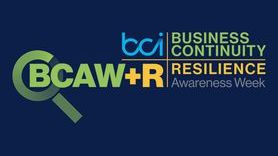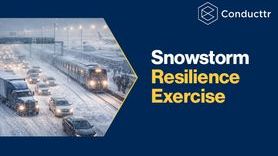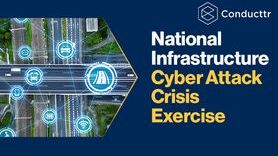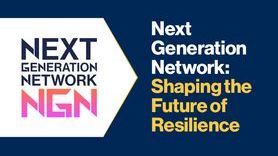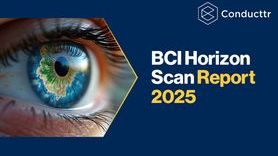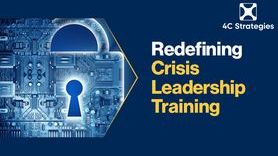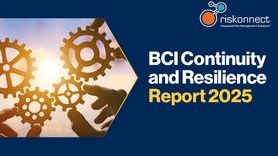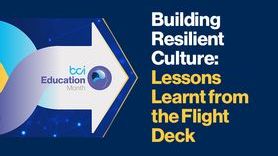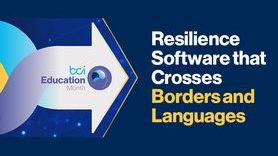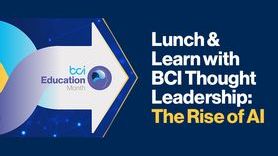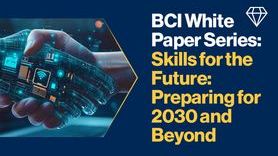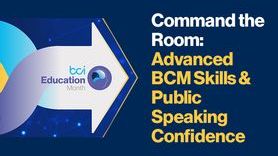Forecasting the future: BCAW+R 2025 opens with predictive analytics in focus
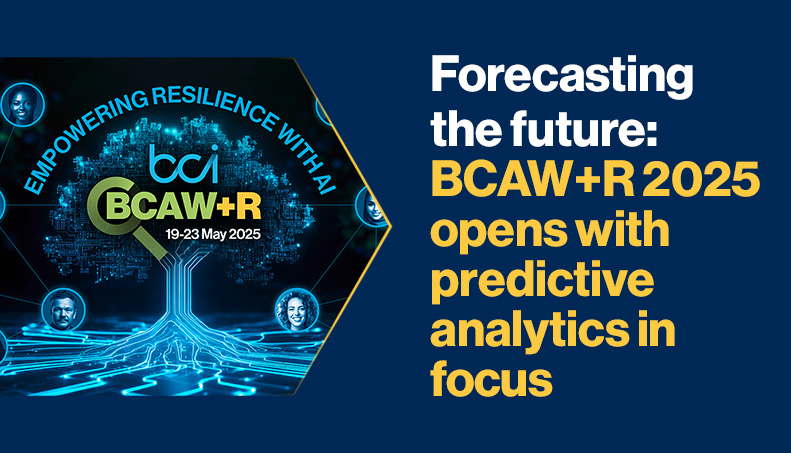
The first day of Business Continuity and Resilience Awareness Week (BCAW+R) 2025 kicked off with a powerful start, focused around the theme of predictive analytics and forecasting. Under this year’s banner, “Empowering resilience with AI,” day 1 offered participants a deep dive into how artificial intelligence is transforming the way organizations anticipate, prepare for, and respond to disruptions.
Throughout the day, attendees engaged with insights and resources that showcased how AI-driven predictive analytics is enhancing resilience strategies. By leveraging machine learning models and data analysis, professionals are now able to detect emerging threats, model crisis scenarios, and make faster, better informed decisions.
The message was clear: AI is no longer just a futuristic concept in resilience it’s a present-day enabler of continuity strategies. It is here to stay, not to replace people, but to augment their capabilities.
Session highlights
The day started with an early webinar on “AI ethics, a new factor in business continuity”. This thought-provoking webinar tackled an important, often overlooked, question: can poor AI ethics lead to business discontinuity? This session explored how weak ethical practices around AI may themselves pose continuity risks. Presenters proposed ways to assess and model AI ethics as a scenario within business continuity planning, urging organizations to include ethical considerations in their resilience strategies.
The second event, launching the BCI White Paper “The rise of generative AI: exploring responsible and productive uses for resilience practitioners” provided a practical view of how resilience practitioners are currently using AI. Experts shared real-world examples from supply chain management, digital twins, automation, crisis training, and more. This discussion emphasized the need for responsible and ethical deployment of AI, balancing innovation with risk awareness. Practitioners were encouraged to lead in this evolving field, those who embrace AI today, with a clear understanding of its strengths and limitations, will be well-positioned as the next generation of resilience leaders.
The final session of the day, “business analytics, AI and machine learning: enhancing resilience strategies” focused on how organizations are leveraging predictive and prescriptive analytics to strengthen resilience across the Prevention, Preparedness, Response, and Recovery (PPRR) framework. Speakers explored AI’s role in risk forecasting, scenario modelling, and data-driven decision-making, backed by practical examples of how machine learning is being applied in continuity planning.
Continuing the Conversation
To support ongoing learning and engagement, BCI also released several useful resources:
As day 1 came to a close, one thing became evident: the integration of AI into resilience is no longer optional, it’s essential. The community left inspired by the possibilities predictive technologies offer in strengthening organizational anticipation and response.

